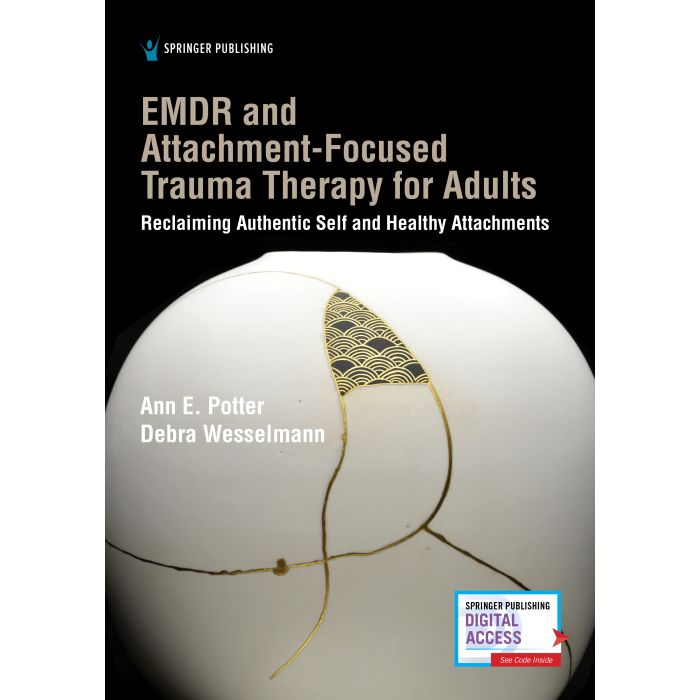The effectiveness of trauma-focused psychotherapy for complex post-traumatic stress disorder: A retrospective study
Effectiveness of trauma-focused psychotherapy (TF-P) versus stabilization and waiting in a civilian cohort of patients with complex PTSD.
Article Abstract
“Objective: We retrospectively evaluated the effectiveness of trauma-focused psychotherapy (TF-P) versus stabilization and waiting in a civilian cohort of patients with an 11th version of the international classification of disease (ICD-11) diagnosis of complex post-traumatic stress disorder (CPTSD).
Methods: We identified patients with CPTSD treated at a specialist trauma service over a 3-year period by triangulating evidence from self-report questionnaires, file review, and expert-clinician opinion. Patients completed a phase-based treatment: stabilization consisting of symptom management and establishing safety, followed by waiting for treatment (phase 1); individual TF-P in the form of trauma-focused cognitive behavioral therapy (TF-CBT), or eye movement desensitization and reprocessing (EMDR) or TF-CBT plus EMDR (phase 2). Our primary outcome was PTSD symptoms during phase 2 versus phase 1. Secondary outcomes included depressive symptoms, functional impairment, and a proxy CPTSD measure. Exploratory analysis compared outcomes between treatments. Adverse outcomes were recorded.
Results: Fifty-nine patients were included. Compared to receiving only phase 1, patients completing TF-P showed statistically significant reductions in PTSD [t(58) = −3.99, p < 0.001], depressive symptoms [t(58) = −4.41, p < 0.001], functional impairment [t(58) = −2.26, p = 0.028], and proxy scores for CPTSD [t(58) = 4.69, p < 0.001]. There were no significant differences in outcomes between different treatments offered during phase 2. Baseline depressive symptoms were associated with higher PTSD symptoms and functional impairment.
Conclusions: This study suggests that TF-P effectively improves symptoms of CPTSD. However, prospective research with validated measurements is necessary to evaluate current and new treatments and identify personal markers of treatment effectiveness for CPTSD.”
—Description from publisher
Article Access
Open Access
Melegkovits, E., Blumberg, J., Dixon, E., Ehntholt, K., Gillard, J., Kayal, H., Kember, T., Ottisova, L., walsh, E., Wood, M., Gafoor, R., Brewin, C., Billings, J., Robertson, M., & Bloomfield, M. (2022). The effectiveness of trauma-focused psychotherapy for complex post-traumatic stress disorder: A retrospective study. European Psychiatry, 66(1), e4. Open access: https://doi.org/10.1192/j.eurpsy.2022.2346
Date
November 25, 2002
Creator(s)
Eirini Melegkovits, Jocelyn Blumberg, Emily Dixon
Contributor(s)
Kimberley Ehntholt, Julia Gillard, Hamodi Kayal, Tim Kember, Livia Ottisova, Eileen Walsh, Maximillian Wood, Rafael Gafoor, Chris Brewin, Jo Billings, Mary Robertson, Michael Bloomfield
Topics
Complex Trauma/C-PTSD
Extent
9 pages
Publisher
Cambridge University Press
Rights
© The Author(s), 2022. Published by Cambridge University Press on behalf of the European Psychiatric Association. This is an Open Access article, distributed under the terms of the Creative Commons Attribution licence (http://creativecommons.org/licenses/by/4.0), which permits unrestricted re-use, distribution and reproduction, provided the original article is properly cited.
APA Citation
Melegkovits, E., Blumberg, J., Dixon, E., Ehntholt, K., Gillard, J., Kayal, H., Kember, T., Ottisova, L., walsh, E., Wood, M., Gafoor, R., Brewin, C., Billings, J., Robertson, M., & Bloomfield, M. (2022). The effectiveness of trauma-focused psychotherapy for complex post-traumatic stress disorder: A retrospective study. European Psychiatry, 66(1), e4. Open access: https://doi.org/10.1192/j.eurpsy.2022.2346
Audience
EMDR Therapists, Other Mental Health Professionals
Language
English
Content Type
Article, Peer-Reviewed
Access Type
External Resource, Open Access





